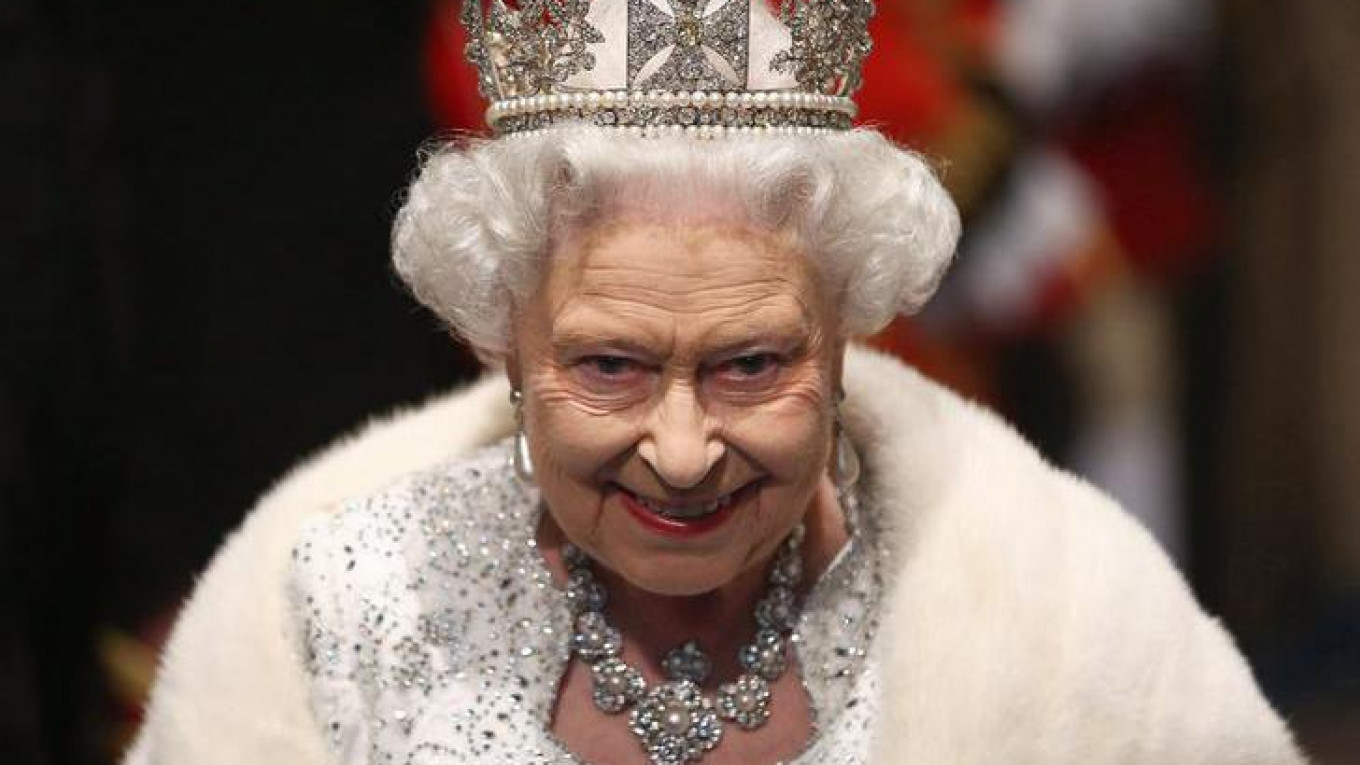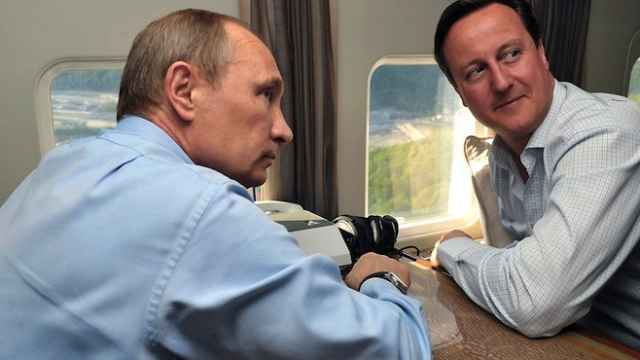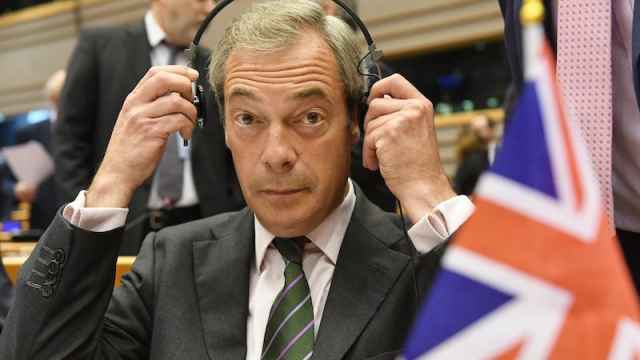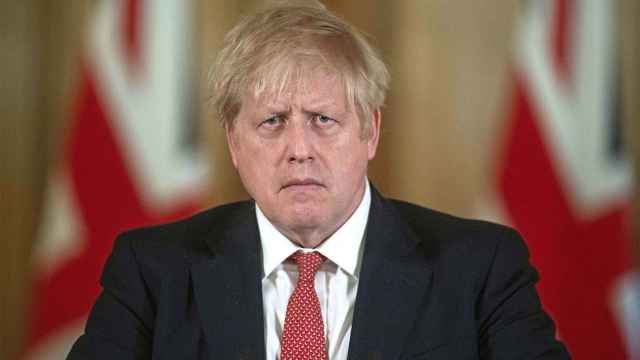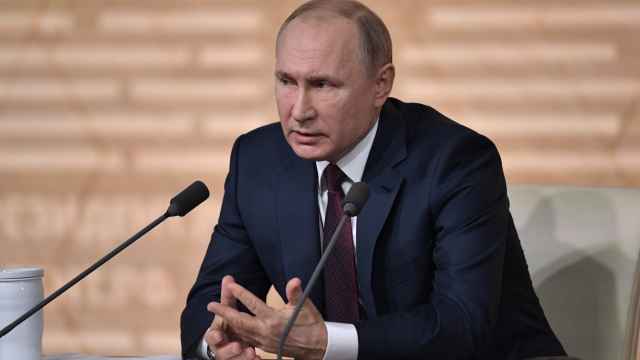The Russian Embassy in the UK has accused the British government of sparking an “anti-Russian witch hunt.”
The embassy claimed on Tuesday that Westminster had launched an “official campaign” to convince the British public that Russia wished to “undermine the UK.”
“It seems that the Western elites will go to great lengths to save their own world with its Washington consensus, Davos and austerity, even if it does no longer benefit anybody else,” the embassy wrote on its website.
The statement also speculated that anti-Russia “jingoism” was a tactic to force a rerun of the UK’s June referendum on EU membership and “save the status quo.”
“This panic and hysterics is a response to the overall loss of control [and] a loss of control over the public debate,” the statement said. “As always, British special services are all too willing to oblige.”
The embassy made a number of other accusations, including that the British government would warn the incoming Trump administration against dealing with Moscow. The statement alleged that British condemnation of Russia’s Syrian policy hoped to provide a cover for the UK’s own foreign policy mishaps.
“[Is it that] the British Government’s harsh rhetoric on Syria is meant to cover up its complicity in the deliberate obliteration of Yemen to make it dependent on outside financial assistance?” the statement asked.
“We don’t expect Her Majesty’s Government to win this argument in an open and reasoned debate,” the statement said, “and we challenge the mainstream British media to publish this comment.”
Speaking in the United States on Tuesday, UK Foreign Minister Boris Johnson said that the UK needed to pursue a twin-strategy of “engagement and vigilance” when dealing with Moscow.
“The point that we have made to the incoming [U.S.] administration and indeed on Capitol Hill is just this, as I said earlier on… it would be folly for us further to demonize Russia or to push Russia into a corner," Johnson said.
The Russian Embassy in the UK has made several waves in the media over recent months, largely thanks to its outspoken official Twitter account.
The account recently grabbed headlines after posting an image of Pepe the Frog, a meme widely associated with the alt-right. Pepe was classified as a hate symbol by the Anti-Defamation League in September 2016, although the group has since claimed that not every meme with the image is racist.
A Message from The Moscow Times:
Dear readers,
We are facing unprecedented challenges. Russia's Prosecutor General's Office has designated The Moscow Times as an "undesirable" organization, criminalizing our work and putting our staff at risk of prosecution. This follows our earlier unjust labeling as a "foreign agent."
These actions are direct attempts to silence independent journalism in Russia. The authorities claim our work "discredits the decisions of the Russian leadership." We see things differently: we strive to provide accurate, unbiased reporting on Russia.
We, the journalists of The Moscow Times, refuse to be silenced. But to continue our work, we need your help.
Your support, no matter how small, makes a world of difference. If you can, please support us monthly starting from just $2. It's quick to set up, and every contribution makes a significant impact.
By supporting The Moscow Times, you're defending open, independent journalism in the face of repression. Thank you for standing with us.
Remind me later.


